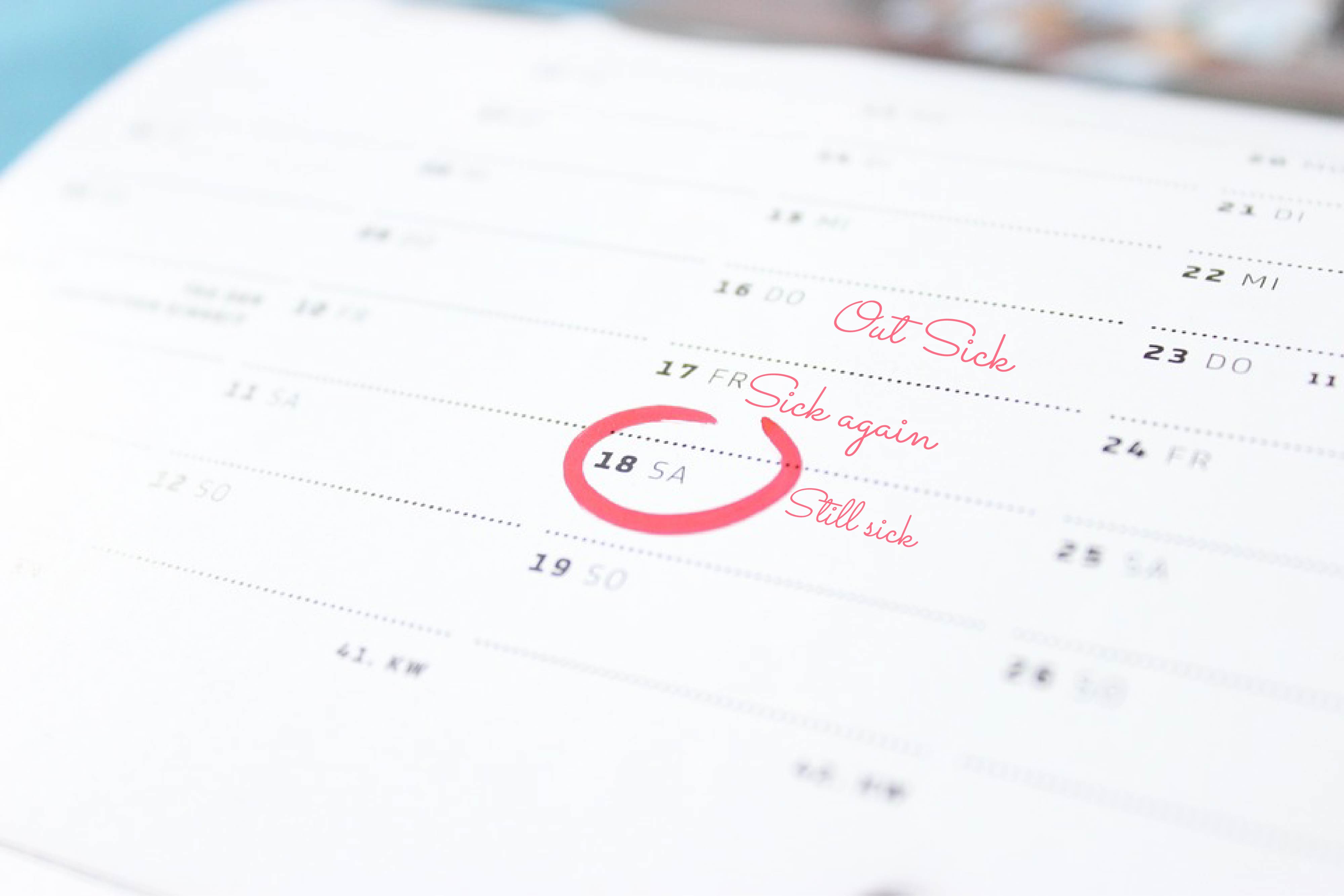For every 10 hip fractures, nine of those occur in people more than 60 years of age. The chances of hip fractures radically increase as your age climbs past 60. By age 90, one in four women and one in eight men will have fractured a hip, according to Center for Disease Control and Prevention. This is even more sobering when you consider that a hip fracture in women 80 and older, even those in excellent health, nearly triples the risk of dying within a year.
What causes death in some people who break a hip isn’t completely understood. Likely it is a combination of factors. In some people, it may be previously underlying factors like heart disease or poor health which become exacerbated by the fracture. Older patients are also less able to recover as quickly as their younger counterparts. Sometimes, the immobility caused by such an injury can lead to other complications such as pneumonia. Being less mobile in general causes health to decline. There is also research that suggests that when a person breaks a major bone fats (tHcy) are released into the bloodstream and can cause a thrombosis.
Whatever the reason, we know that hip fractures in seniors are a huge concern. Here are several things you can do to reduce the chances that you will not be one of the unlucky ones:
- Have a bone density screening to determine your risk for osteoporosis.
- Make sure you have adequate calcium and vitamin D intake (supplements like Calcium Plus may also be beneficial).
- Do weight-bearing and balancing exercises.
- Do not smoke. Do not be around smokers.
- Get a home assessment done to make sure your home is fall-proof.
- Be mindful of your surroundings when you are away from home and don’t put yourself in precarious situations where a fall might be likely.
Be sure to also stay as healthy and active as possible. Eat right, exercise regularly and be sure to take care of yourself!
![]()

 Who has time to be sick? Apparently, only people in the U.K.
Who has time to be sick? Apparently, only people in the U.K.
